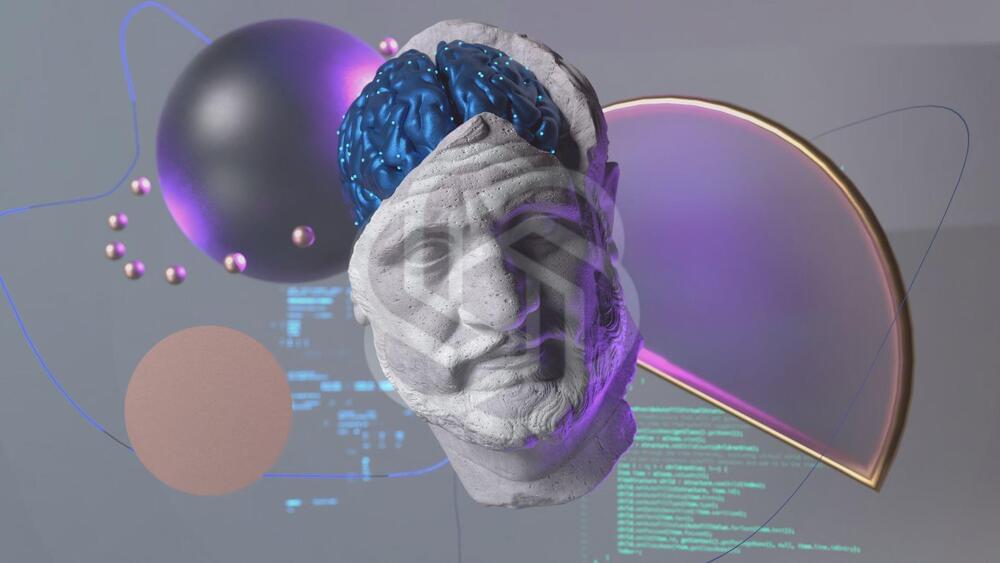Use CHAT GPT to Create INSANE Wealth.
In this video, Dr. Jordan Peterson talks about the recent release of GPT (Generative Pre-trained Transformer) which is a General Language Processing model that was released about a week ago. He explains that this AI system is trained on a massive corpus of spoken and written text, which allows it to analyze a large corpus of text and derive models of the world from the analysis of human speech. He mentions that this technology is still in its early stages but it is expected to advance rapidly in the next year. Dr. Peterson also shares some examples of how GPT has been used, including writing essays, bullet points, and computer code, as well as grading papers and creating character descriptions and images. He concludes that GPT is already smarter than most people and that it is going to be a lot smarter in the next few years, and advises the audience to be prepared for this technological revolution.
* Subscribe to our channel :
Copyright info:
* I do not own the rights to this content. They have, in accordance with fair use, been repurposed with the intent of educating and inspiring others.
* I must state that in NO way, shape or form am I intending to infringe rights of the copyright holder. Content used is strictly for research/reviewing purposes and to help educate. All under the Fair Use law.
* I don’t own any copyright concerning the extracts used in this video. But I allow myself to use them in order to help people in motivational form. If any owners would like me to remove the video I have no problem with that, just send me a letter: [email protected]







